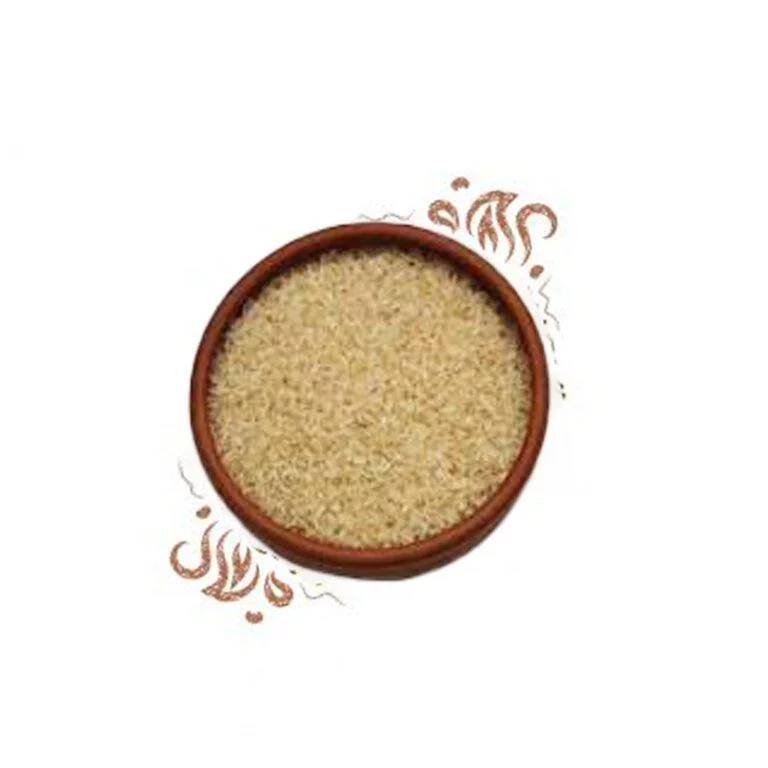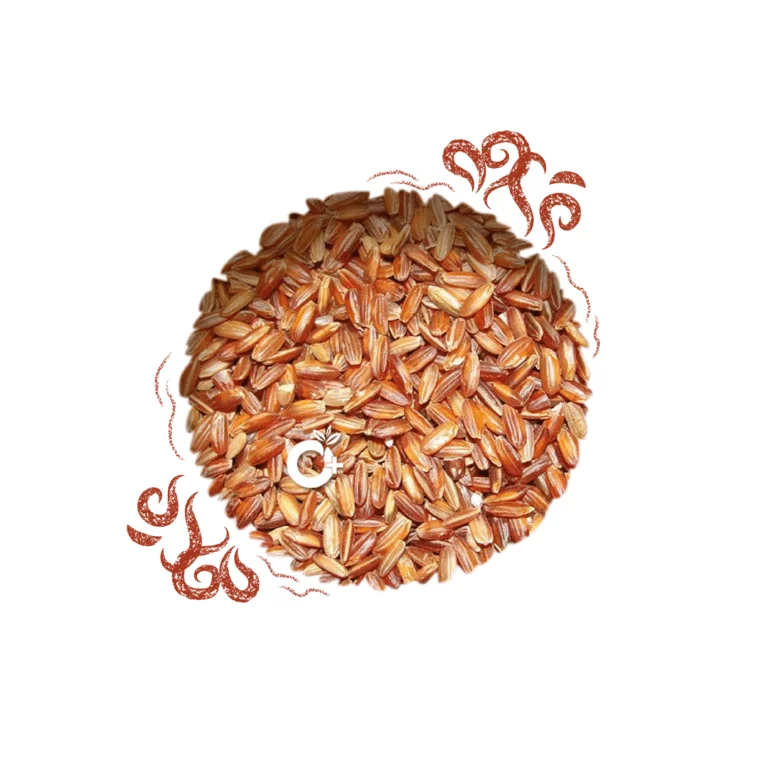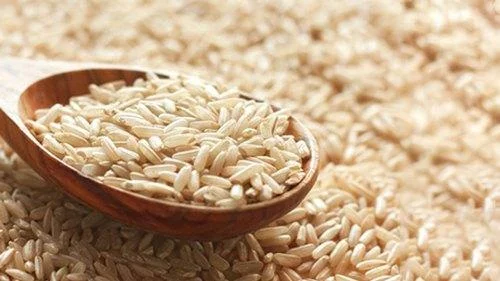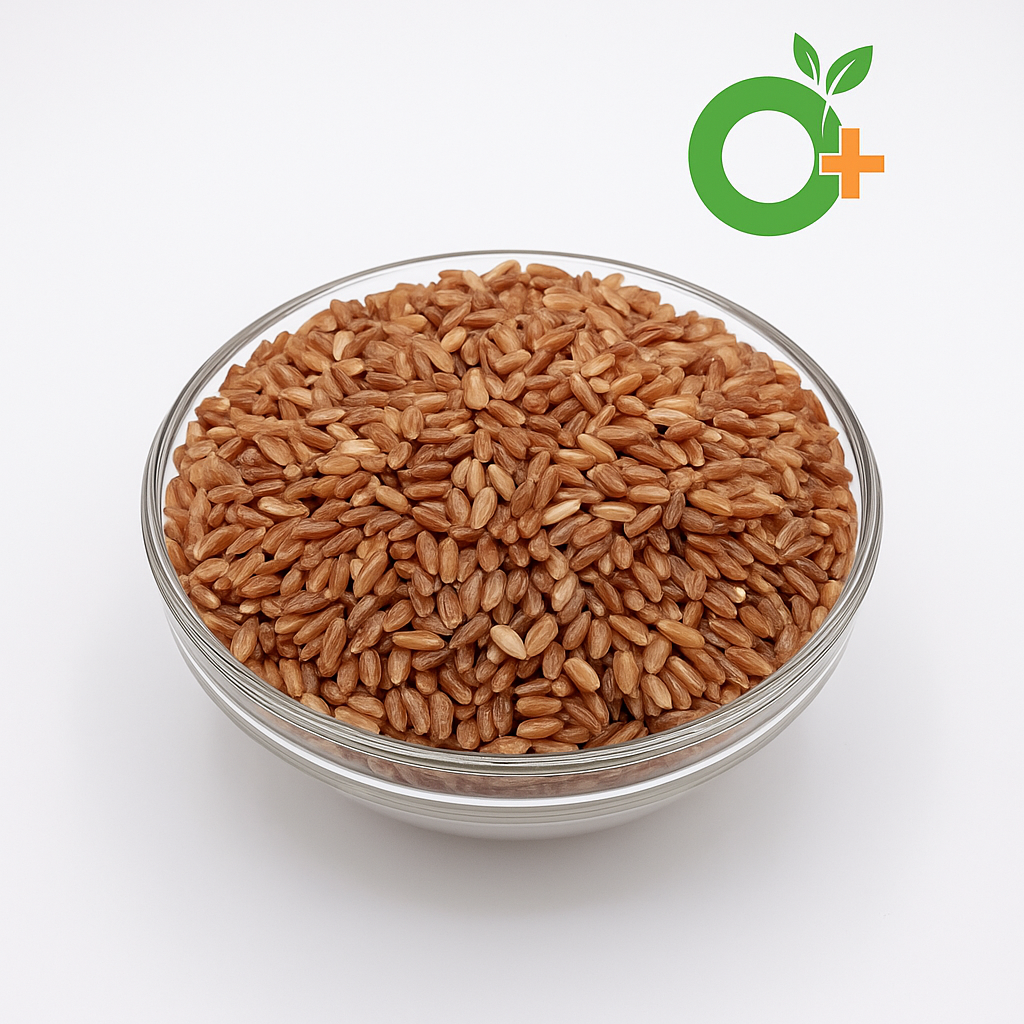Description
Sivan Samba Boiled Rice (சிவன் சம்பா அரிசி) is a revered native variety from Tamil Nadu, deeply rooted in traditional food practices and temple offerings. Grown using natural methods, this rice is known for its long grains, subtle fragrance, and soft texture after cooking. It is a seasonal variety traditionally consumed during the Margazhi (தன்மழை மாதம்), a time considered auspicious in Tamil culture.
Ancient scripts and local wisdom associate Sivan Samba with boosting strength, immunity, and vitality, making it ideal for children, pregnant women, and those recovering from illness. It is often said that Lord Siva Himself preferred this variety — hence the name.
Sivan Samba rice is best used in daily meals, pongal, and soft cooked rice dishes. It is semi-polished to preserve nutrients while remaining easy to digest.
Benefits of Sivan Samba Rice:
Dietary Fiber: Promotes healthy digestion and contributes to satiety, aiding in weight management.
Low Glycemic Index: Ideal for individuals managing blood sugar levels, offering a healthier alternative for those with diabetes.
Mineral-Rich: Contains selenium and magnesium, which are crucial for heart health and bone strength, respectively.
Antioxidant Properties: The antioxidants present in Sivan Samba Rice help in combating oxidative stress and reducing inflammation, contributing to overall health and wellness.
Nutrient-Dense: Provides a good source of vitamins and minerals, supporting a balanced diet and nourishing the body.
Sivan samba rice is a good source of iron and zinc. Iron contributes to the production of myoglobin and haemoglobin. Myoglobin and haemoglobin deliver oxygen to muscles and tissues keeping body high in energy level. It also contains pro-anthocyanins which help to reduce cholesterol and hyper glycaemia.
Flavor: Sivan Samba Rice is known for its distinctive, aromatic fragrance and a rich, nutty flavor. Its unique taste profile makes it a preferred choice for a variety of traditional and contemporary dishes.
🍚 How to Cook Sivan Samba Rice (சிவன் சம்பா அரிசி)
Sivan Samba is a semi-polished, traditional rice that takes a little longer to cook compared to regular white rice — but the result is soft, flavorful, and highly nutritious.
🔥 Method 1: Pressure Cooker
Ingredients:
-
Sivan Samba Rice – 1 cup
-
Water – 2.5 cups
-
Optional: A few drops of sesame oil or a pinch of salt
Steps:
-
Wash the rice thoroughly 2–3 times under running water.
-
Soak it in clean water for 30–60 minutes (recommended for even cooking).
-
Add 3 cups of water for every 1 cup of soaked rice into the pressure cooker.
-
Close the lid and cook for 3–4 whistles on medium heat.
-
Let the pressure release naturally, fluff with a fork before serving.
🍲 Method 2: Open Pot Cooking
Ingredients:
-
Sivan Samba Rice – 1 cup
-
Water – 4 cups
Steps:
-
Wash and soak the rice for 30–60 minutes.
-
In a heavy-bottomed pot, bring 4 cups of water to a boil.
-
Add the soaked rice and cook uncovered on medium heat.
-
Stir occasionally to prevent sticking.
-
Once the rice is fully cooked and soft, strain the excess water using a sieve or colander.
-
Let the rice rest for 5 minutes before serving.
✅ Pro Tips:
-
Soaking improves texture and digestibility.
-
Use traditional clay or iron pots for best nutritional value and taste.
-
Ideal for pongal, ghee rice, curd rice, and baby food due to its softness.
🌿 Ayurvedic & Ancient Wisdom References
Sivan Samba Rice is believed to have been part of sacred offerings (naivedyam) in ancient Shaivite temples. In Ayurveda, rice varieties like this are:
-
Classified under “Shastika Shali” group – known for promoting ojas (vitality), snigdha (nourishment), and mrudu (softness).
-
Said to be tridosha-balancing – meaning it can balance Vata, Pitta, and Kapha when properly cooked and consumed.
-
Ideal for post-illness recovery, pregnancy, and child growth, due to its brhmana (nourishing) and tarpana (rejuvenating) properties.
-
Its low glycemic index and high satiety make it suitable for diabetics and those managing metabolism.
In Tamil Siddha literature, such native rice is often termed as “Unavukku Marundhu” (food as medicine).
✅ Best Ways to Enjoy:
-
With ghee and dal (for strength)
-
Curd rice (for digestion)
-
Pongal and porridge (for immunity and energy)







Reviews
There are no reviews yet.